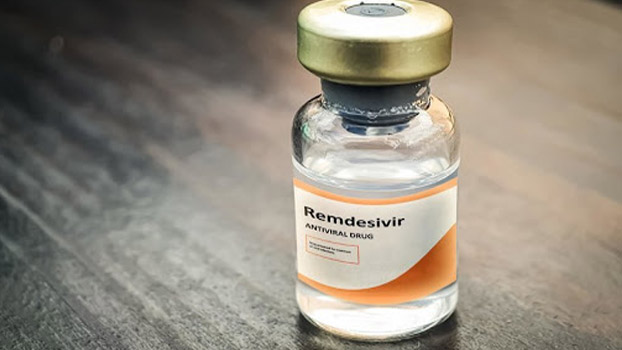Bangladesh not using Remdesivir for virus treatment now

Bangladesh will wait and see before the use of remdesivir for the treatment of coronavirus patients despite the US regulators’ approval for emergency use, says an expert.
“We’ll not use it now. The US also allowed anti-malaria drug hydroxychloroquine for the treatment, but later their own study showed negative results,” Professor of medicine Md Titu Miah, who is a member of the treatment guideline committee of Bangladesh, told Bangladesh Post.
He said they are also planning to have a study on their own about the use of remdesivir, an antiviral drug widely used during ebola virus outbreak.
The US Food and Drug Administration (FDA) allowed the emergency use of the experimental drug after it appears to help some coronavirus patients recover faster.
It is the first drug shown to help fight Covid-19, which has killed more than 230,000 people worldwide.
US President Donald Trump, who pushed for anti-malaria drug hydroxychloroquine before, announced the news on Friday at the White House alongside Stephen Hahn, the Food and Drug Administration (FDA) commissioner, who said the drug would be available only for the hospitalized patients with Covid-19.
Few days back, Dr Anthony Fauci, the government’s top infectious disease expert, expressed cautious optimism about the results of a remdesivir drug trial.
“The data shows that remdesivir has a clear-cut, significant, positive effect in diminishing the time to recovery,” Fauci said earlier this week. “What it has proven is that a drug can block this virus.”
The FDA acted after preliminary results from a government-sponsored study showed that Gilead Sciences’sremdesivir shortened the time to recovery by 31 percent, or about four days on average, for hospitalized Covid-19 patients.
The study of 1,063 patients is the largest and most strict test of the drug and included a comparison group that received just usual care so remdesivir’s effects could be rigorously evaluated.
Those given the drug were able to leave the hospital in 11 days on average versus 15 days for the comparison group.
The drug also might be reducing deaths, although that’s not certain from the partial results revealed so far.
Prof Titu said even two to three days back, the US authorities said they did not complete the study yet. “We did not get any promising results yet.
“I think they recommended it too early. Same thing they (US) did during the use of hydroxychloroquine. But later negative results came out from their own study,” he added.
“In fact there was no randomized controlled trial conducted for the drug, though they did a large scale study”.
“And it’s not even curative,” Prof Titu said about the drug, adding that they are mostly following WHO guidelines for the treatment.
“It’ll take time for the confirmation. So far no medication is working. We need to ensure adequate oxygen supply for the patients particularly for those with moderate symptoms to prevent them to be severe,” he said.




